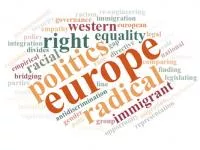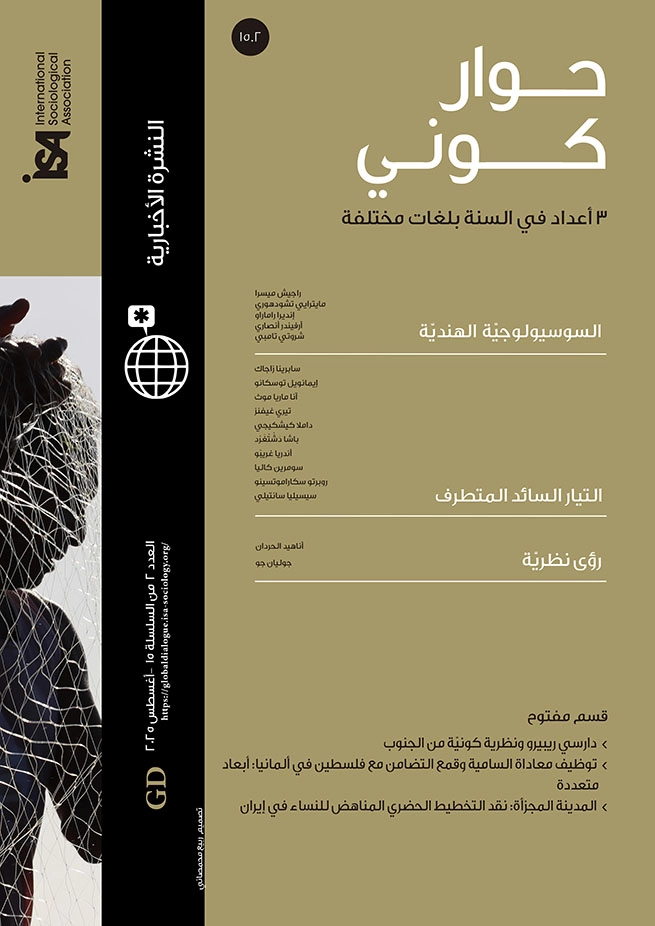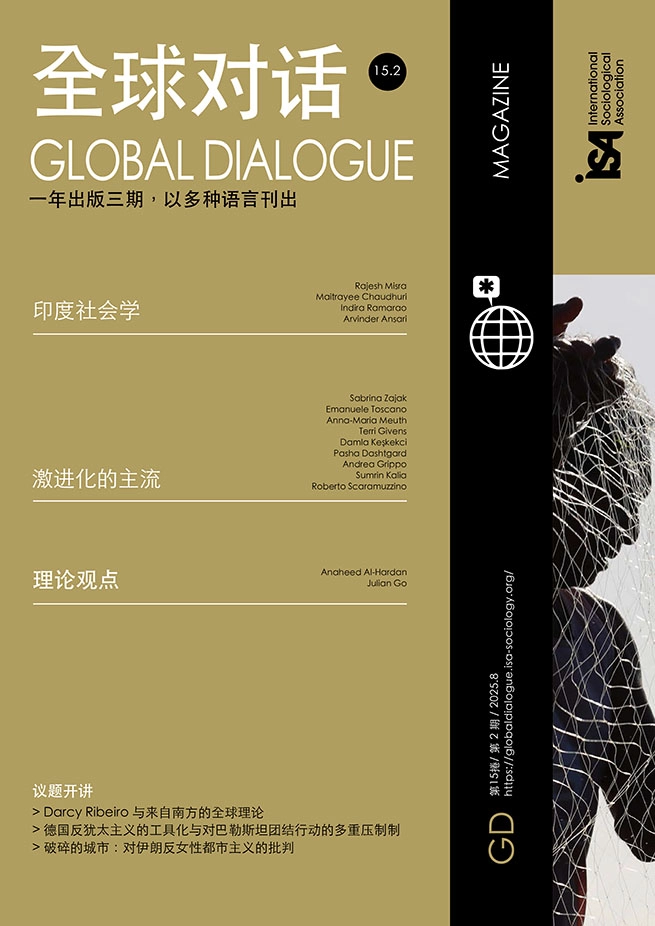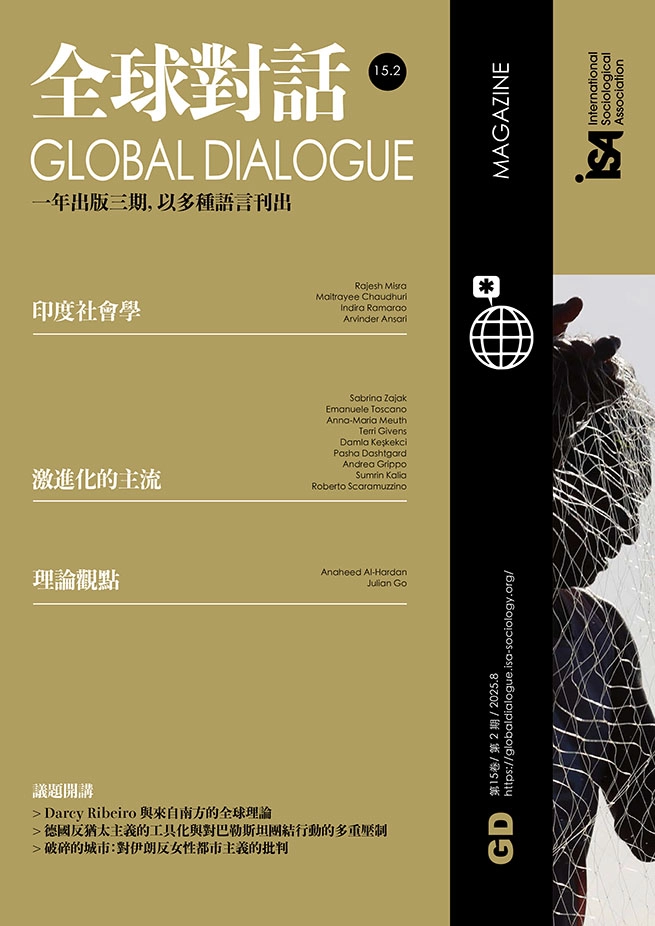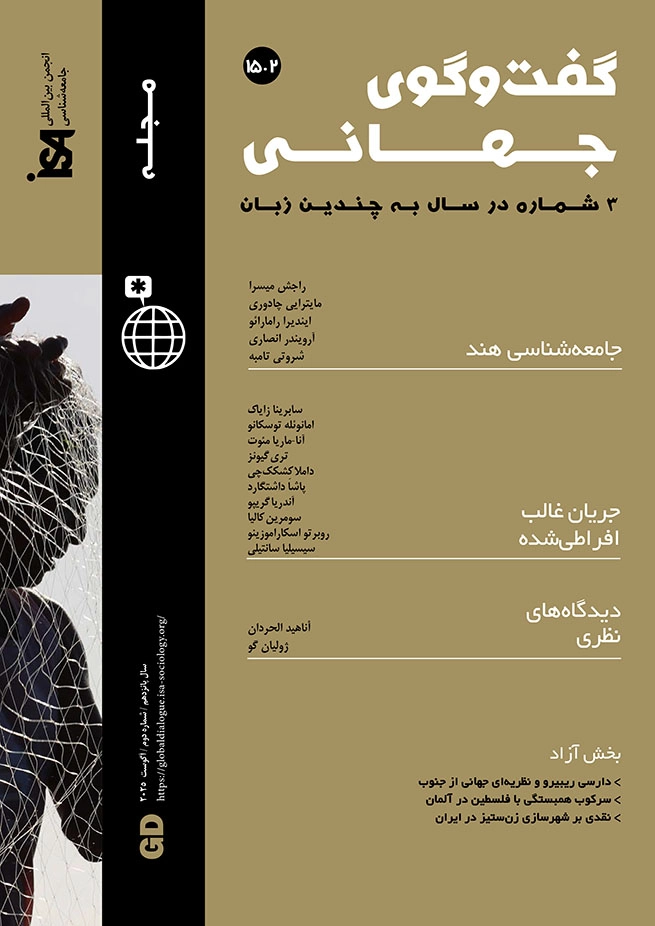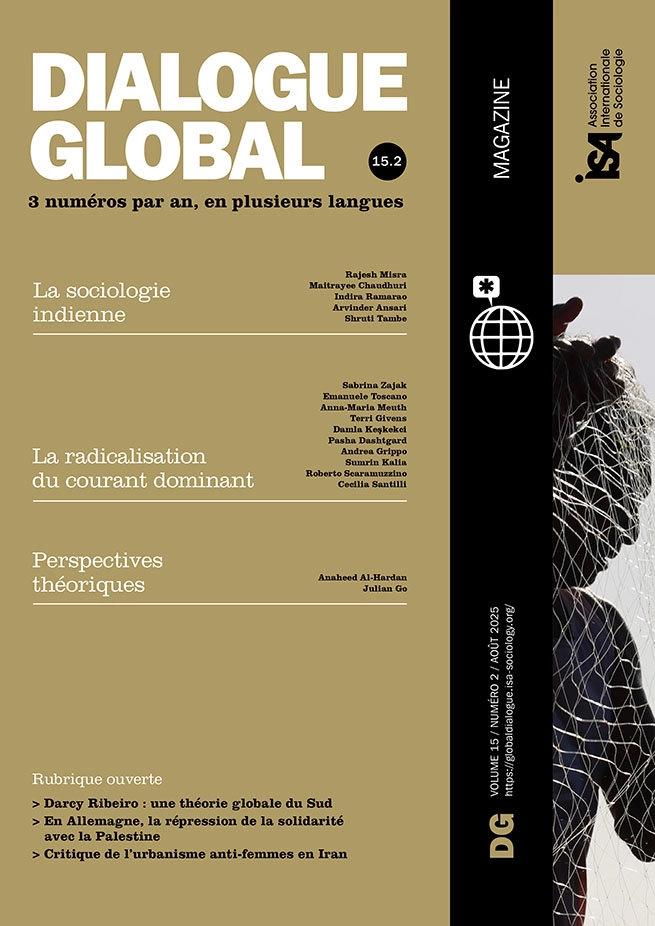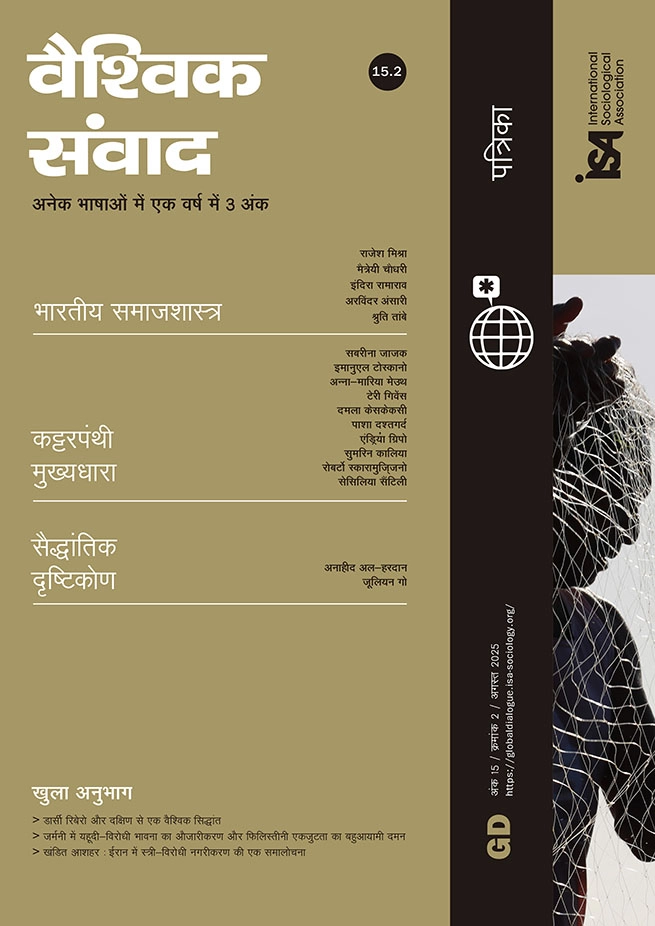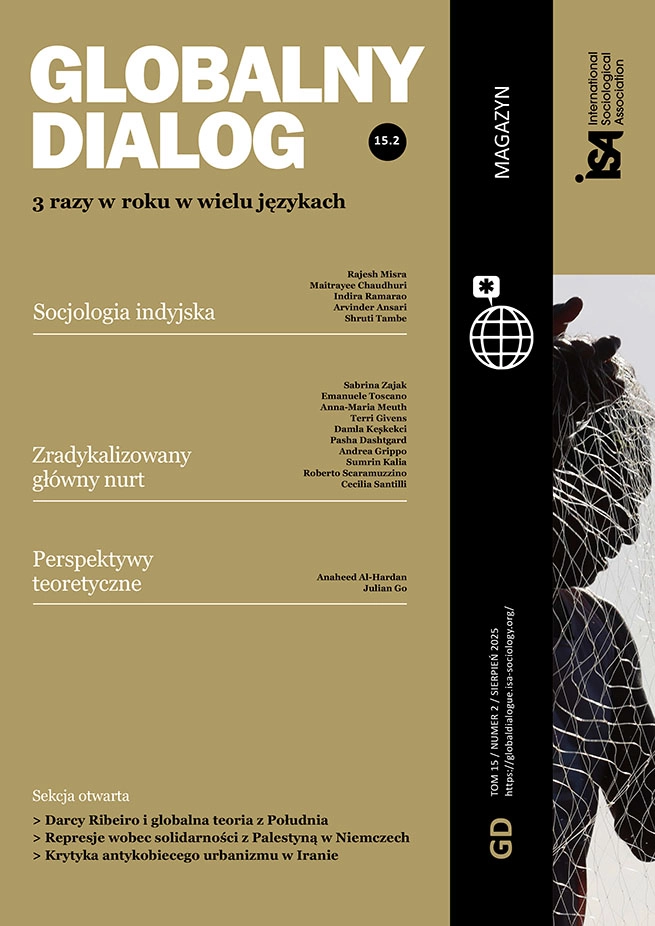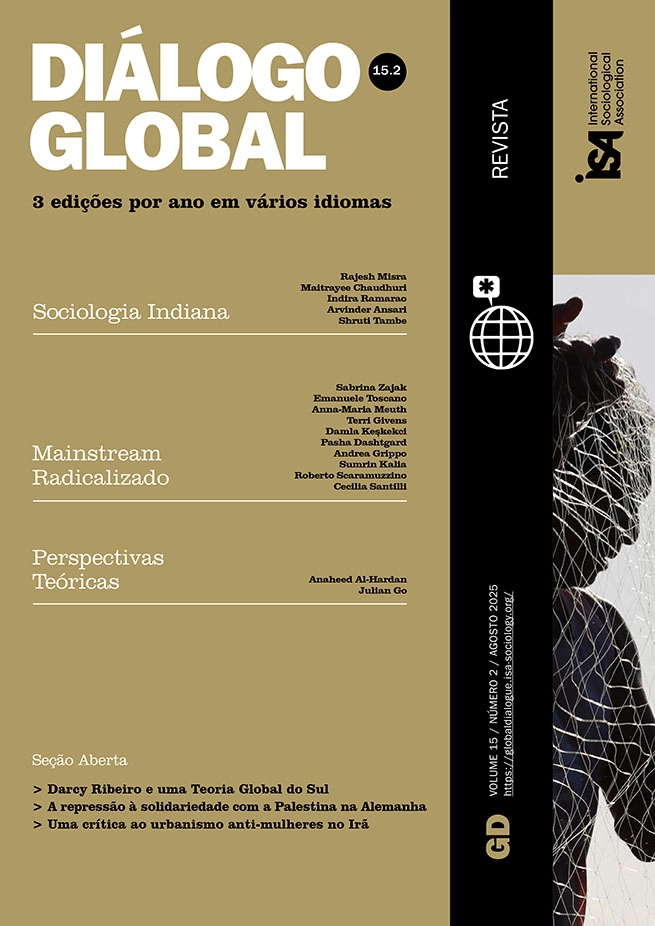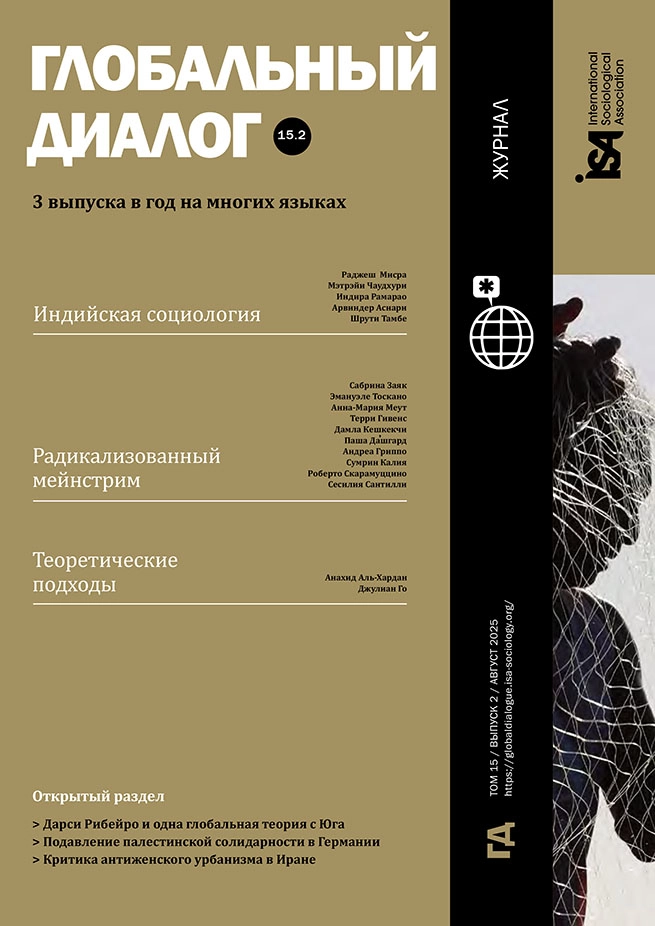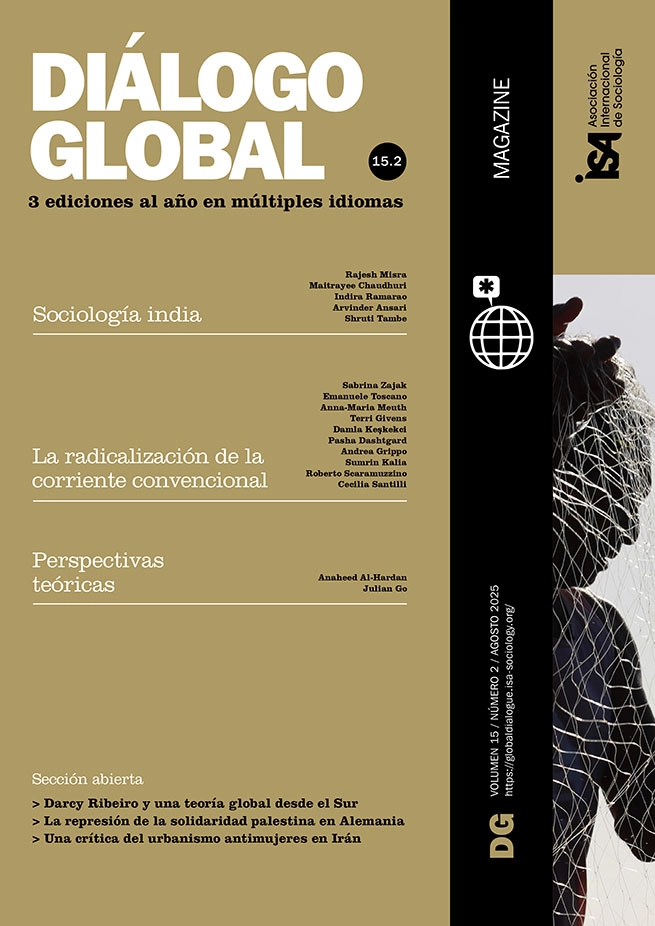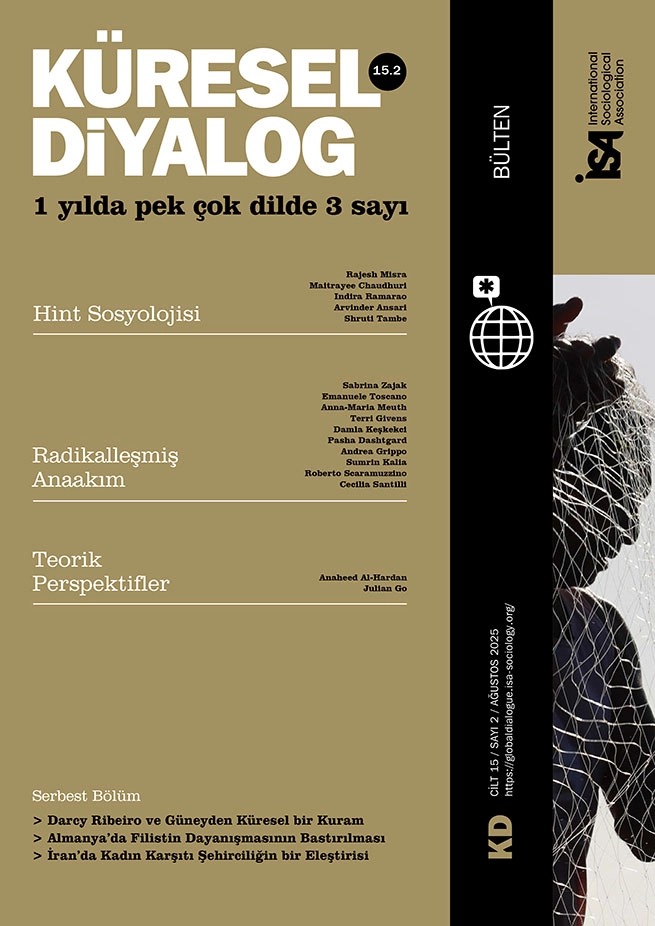Once confined to the fringes, far-right actors increasingly try to reposition themselves as normalized, legitimate actors within the political mainstream. Together with Liriam Sponholz, in the study “Radicalizing the Mainstream in Western Europe,” we explore how the far right in Germany – comprising various actors from political parties to alternative media and social movements – strategically uses hyperlinks on Facebook. Drawing on a dataset of over 120,000 posts from 100 public Facebook pages (2017–2020), our analysis reveals how platform dynamics shape political communication and contribute to platformed mainstreaming.
We identify three key mechanisms that facilitate this process for far-right actors: (1) establishing and sustaining networks through which they project themselves as “normal”; (2) borrowing legitimacy by sharing mainstream media content; and (3) adapting to platform constraints to be able to continue spreading their messages. The resulting dual movement – of far-right normalization that leads to mainstream radicalization – signals a broader sociopolitical trend; one that blurs the boundaries between fringe and center, online and offline, extreme and moderate.
Platform logic and the strategic use of hyperlinks
Far-right actors do not simply use digital platforms for leisure, they adapt to their logic while strategically attempting to overcome their constraints. Facebook’s platform logic, for instance, rewards visibility through engagement. Content that triggers reactions (Like, Love, Haha, Wow, Sad, Angry), comments and/or shares is more likely to be amplified on other users’ newsfeeds. Here, hyperlinks emerge as a powerful tool. Among other things, hyperlinks serve to disseminate ideologically aligned narratives and connect far-right actors.
The strategic use of hyperlinks presents a mechanism for platformed mainstreaming. Far-right actors mainly use hyperlinks for: network maintenance, self-promotion, and amplification. Notably, far-right alternative media outlets, like the blog Tichys Einblick and the Russia-sponsored media site Russia Today DE (RT DE), operate as “super-sharers” – posting thousands of links from a small number of domains. Other far-right actors, such as political parties (AfD – Alternative für Deutschland), and social movements (PEGIDA – Patriotische Europäer gegen die Islamisierung des Abendlandes), act as “super-spreaders,” distributing links from a broader range of sources. These link-sharing practices not only reinforce internal coherence within the far-right ecosystem on Facebook, but they also help reframe its public image.
Visibility, not virality: a shift in strategies
Far-right actors’ social media strategies go beyond chasing shareworthiness to go viral. Instead, they focus on being consistently visible. This is where the concept of platformed mainstreaming becomes crucial, as it is driven not only by the intentions of the far right but also by what is allowed and the constraints of social media. Mainstream platforms like Facebook play a paradoxical role in this process. They act both as gatekeepers and enablers. Ironically, their platform rules, designed to moderate and prevent extremist content, can ultimately contribute to the normalization of the far right.
For instance, following the Cambridge Analytica scandal, a wave of deplatformization in 2018 purged many far-right actors from Facebook. However, it still remains the most widely used social media platform worldwide and is heavily used by far-right actors. In our study, we observed that the number of far-right actors remained mostly stable during our investigation period, keeping Facebook in a key position within/for the German far right.
Subtle framing and self-linking maintain the visibility of far-right actors
Although hyperlink usage declined slightly after 2018, it remained a consistent strategy among the remaining far-right actors on Facebook. In fact, 69% of all hyperlink shares in our dataset belonged to far-right media and commercial actors. The sustained presence of far-right actors on the platform is not coincidental, it is a result of deliberate strategies to comply with the rules of mainstream platforms in order to remain visible and influential.
To align with the platform logic of Facebook and community guidelines, far-right actors often refrain from overt hate speech or sharing links from controversial extremist sources. In doing so, they engage in performative moderation. They tone down their rhetoric, focus on subtle framing rather than explicit calls to action, and link to external websites that are harder to monitor.
A previously mentioned example of this approach is used by far-right alternative media outlets RT DE and Tichys Einblick, which almost exclusively engage in self-linking to their own third-party content on Facebook. This strategy allows them to bypass direct content moderation, maintain visibility, and potentially present a more moderate image to broader audiences, while still promoting the exclusionary and illiberal agendas they favor.
“Borrowed” legitimacy and the role of mainstream media
Another important mechanism for platformed mainstreaming is the use of “borrowed” legitimacy from mainstream media. One of the most striking findings in our study was that far-right actors frequently link to mainstream media outlets and not alternative media sources on their Facebook pages. Moreover, the types of links shared varies depending on the actor type. While the AfD’s pages primarily share articles from national quality newspapers such as Die Welt, PEGIDA favors tabloid and regional outlets like Bild and Nordbayern.
This borrowing of legitimacy from traditional media enables far-right actors to package their messages as grounded in reputable sources. The use of such a mechanism further indicates that the boundaries between the mainstream and the marginalized might have become more porous than many have realized. The far right no longer needs to generate all its own content. Instead, it selectively curates material from mainstream outlets that can be reframed to support its anti-immigration, anti-elite, or Islamophobic stances.
Implications for democracy
As illustrated by the case of the German far right on Facebook, platformed mainstreaming offers a compelling tale of the evolving dynamics of far-right online communication globally. What we are witnessing today is not merely the “radicalization of the mainstream” or the “mainstreaming of the radical”. Rather, it is a process of mutual reinforcing: to remain active on mainstream platforms, far-right actors adapt their strategies to the platform rules, while platform logics enable the repackaging of extremist content into formats that appear moderate.
This dynamic has profound implications. It challenges the effectiveness of counterstrategies such as fact-checking, content moderation, and deplatformization. By leveraging the mechanisms for platformed mainstreaming, far-right actors continue to operate within the boundaries set by social media platforms – by borrowing mainstream media content, shifting to “safer” forms of communication, or directing audiences to third-party websites. Ultimately, the question is no longer whether the far right should be allowed on mainstream platforms; these platforms are already well integrated into far-right online repertoires.
The more pressing question is, what happens if platform principles change? In fact, in January 2025, Meta eliminated third-party fact-checking from Facebook, replacing it with “Community Notes” that will be generated by users. Guidelines on allowed content, especially around issues such as immigration and gender identity, were also updated, limiting moderation efforts to focus only on severe and illegal cases. What could such changes mean for platformed mainstreaming?
Our findings suggest that these developments may further increase the amount of activity of the far right online, accelerate the radicalization of the mainstream, and present a broader challenge for liberal democracies. Even under stricter content moderation efforts, Facebook played a role in the platformed mainstreaming of far-right actors. This new platform logic, which seems more welcoming for the far right, could enable far-right actors to disseminate their narratives more freely, further normalizing their presence within the mainstream political discourse.
Consequently, tackling the far right on social media cannot rely only on fact-checking efforts, content moderation regimes, state monitoring, or academic research. As far-right actors ultimately adapt to changing platform logics to continue promoting their narratives, any infrastructure of visibility can become a channel for mainstreaming extremist content. Addressing this issue requires a systemic approach that focuses on social media platforms as actors themselves, not as neutral environments but as profit-driven private companies with their own political agendas.
Damla Keşkekci, Scuola Normale Superiore, Italy <damla.keskekci@sns.it>

